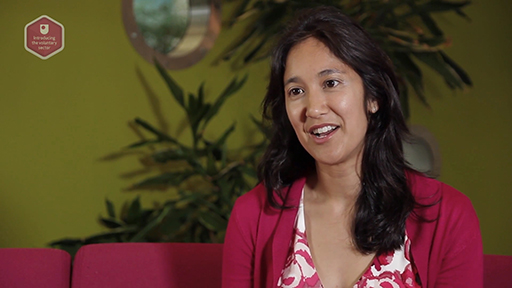4 Why volunteer?
Understanding why people volunteer is one of the biggest topics of interest to policy makers, organisations and researchers. If politicians and policy makers want more people to volunteer, then they need to know what motivates people to give their time for free. Equally, organisations may use this information in terms of their own recruitment and retention policies.
Increasingly, organisations target their adverts at volunteers – for example, highlighting how volunteering can be useful for work experience and CVs, or perhaps for making friends or for gaining health benefits. These aspects are based on an understanding of why people volunteer and the differences between groups such as younger people or between different ethnic groups.
Much discussion on people’s motivation at work has traditionally focused on paid staff (viewing pay as an important incentive to work), which may not be that helpful in understanding volunteers’ motivations. Is there something different about volunteers’ motivations and does this mean working with, and managing, them also needs to be different? If you are a volunteer yourself, this section should help you explore your own motivations and your role in your organisation.
To note, some of these issues fall into the area of management and are explored in the free badged open course Working in voluntary organisations, which will be available in 2016.
Activity 6 Why volunteer?
Watch the following video featuring the same volunteers you met in Activity 4. Write notes on why they volunteer.

Transcript
Comment
What you might have noticed is that some of the volunteers use what they get out of volunteering as part of their explanation of why they volunteer.
So, for example, Louisa talks about learning new skills and being in a different environment. Lisa’s motivation for helping with the Bravery Box scheme came about because her friend had a seriously ill child and started the scheme as a way of helping children on oncology wards.
Bernard volunteered because he enjoyed attending discussion groups and saw the benefits for his own children from attending Sunday school. Both Bernard and Lisa were asked to help, which is a common reason why many people volunteer in the first place but, of course, the person asked has to identify an interest or concern in the cause.
Sas volunteered for three organisations doing very different tasks. He felt these activities were so different from his day job that they were almost therapeutic for him. However, at the same time he was aware that volunteering with homeless people was a very important role and one that might not appeal to everybody because it is emotionally challenging. As Sas highlights, some of the reasons for volunteering sound selfish but that is quite common as people often need to see benefits for themselves when giving their time for free.

